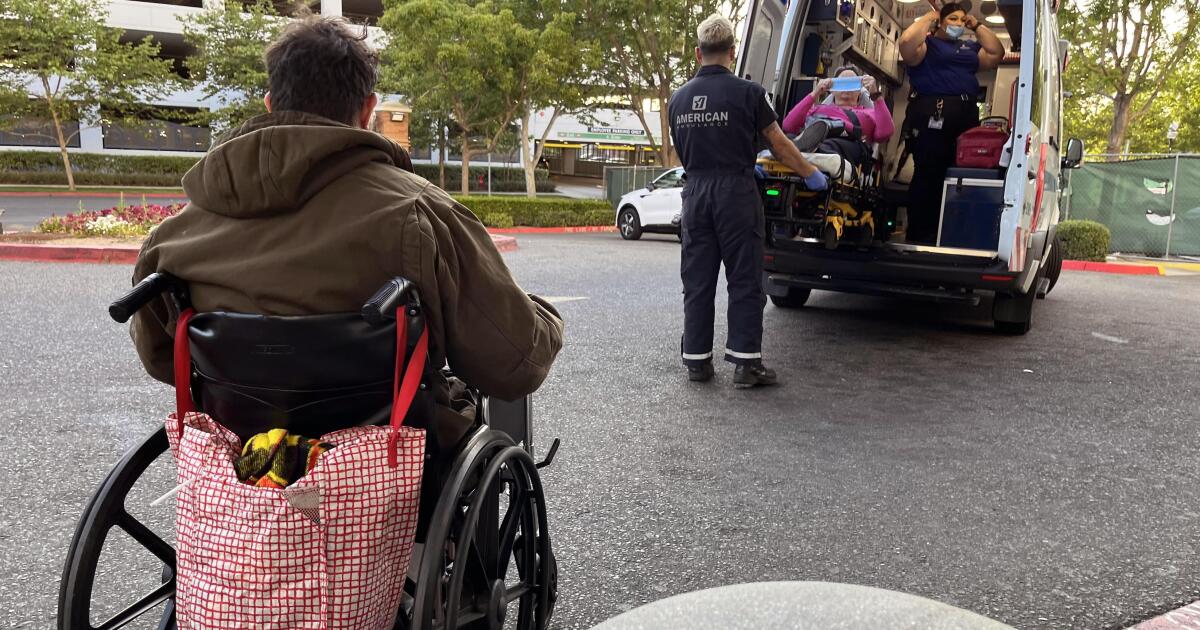- Joined
- Mar 3, 2010
- Messages
- 849
- Reaction score
- 613

This rural California county lost its only hospital, leaving residents with dire healthcare choices
After the financial collapse of Madera County's only general hospital, residents are left with slim options for care. Some have come to accept that they may die in an emergency.

